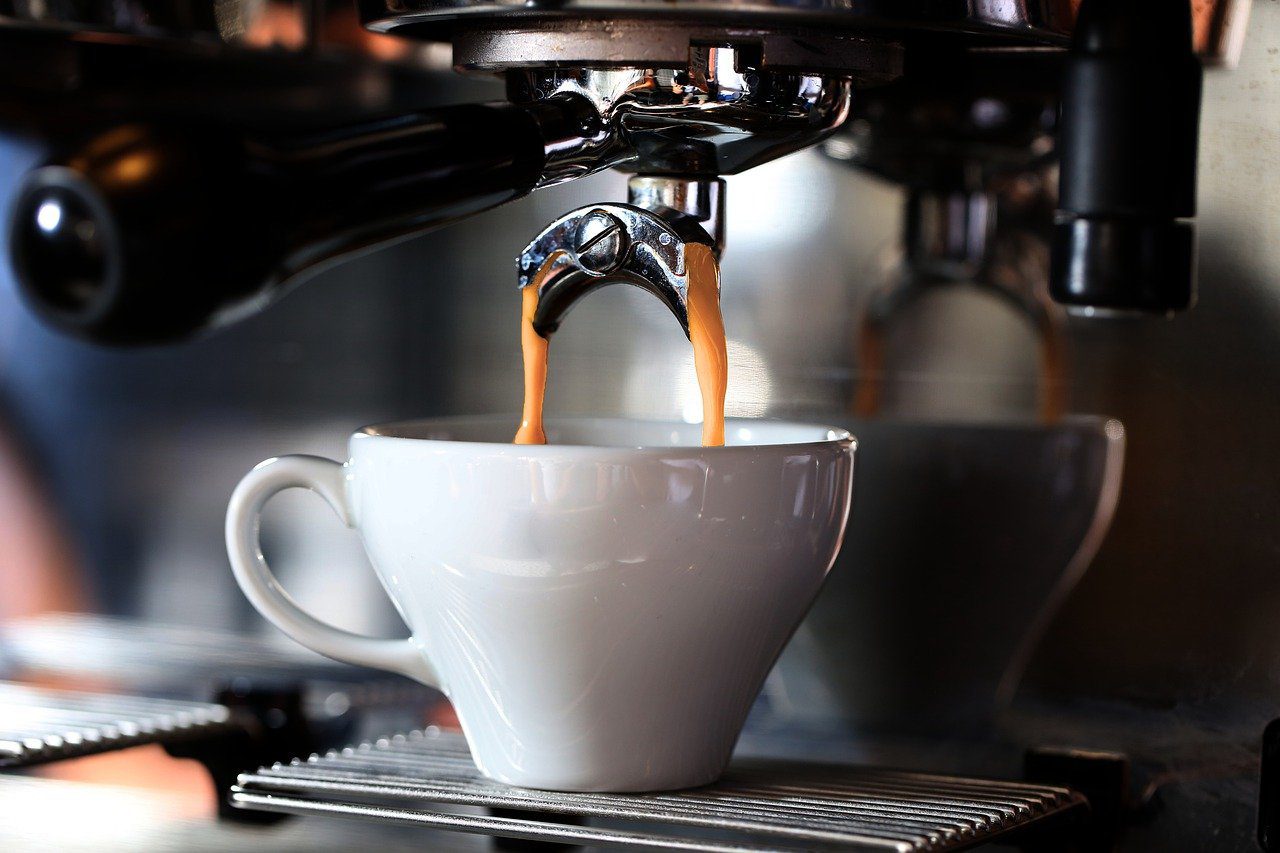Due to the EU rules on deforestation, this food could soon go up in PRICE
A cup of coffee could soon become more expensive due to new rules on coffee production and deforestation, according to the president of the Lavazza company, Giuseppe Lavazza.
Recently implemented rules on deforestation by the EU could see thousands of farmers exporting coffee beans to EU could soon be rejected, because they were produced on land that was recently cleared.
While the EU’s rules on deforestation are seen as well-intentioned, aimed at preserving forest quality and reducing the impact of deforestation on local communities, several industry leaders fear they may be poorly drafted and in some cases nearly impossible to enforce.
According to the new rules, manufacturers coffee around the world will have to use satellite coordinates to digitally map the size of their farm and clearly mark its boundaries, to check if any land has been cleared recently.
Foot (Unsplash)
However, for a few farmers in key coffee producing and developing countries such as Brazil, Vietnam, Indonesia and Colombia, this would be nearly impossible, due to the resources and technical expertise required for satellite mapping.
Speaking to reporters during the Wimbledon tennis tournament and published in the Telegraph, Lavazza said the outcome for the business would be “terrible.
Lavazza added: “This introduces a major restriction, a very strong distortion of the market. For all European roasters, this is very challenging. Think about farmers in Central America, I think very few are willing to comply.”
Farm boundaries in many countries have been blurred for generations, resulting in farmers not knowing exactly the full extent of their farms and therefore unable to provide the information needed for satellite mapping. The new EU regulations are also likely to create an additional regulatory burden for coffee importers, who will now have to carry out extensive checks on their export partners, such as independent audits and risk assessments.
This is likely to increase costs and time, which could also mean that many EU coffee importers consider leaving the bloc and setting up facilities elsewhere, such as China or the US, further limiting coffee supplies.
Coffee prices have also recently risen due to natural factors, such as droughts, as well as geopolitical factors, such as the Red Sea crisis, which significantly increase delivery times and supply chain backlogs.

Coffee, Lavazza (Pixabay)
Sahra Nguyen, founder of Nguyen Coffee Supply, a specialty Vietnamese roaster and importer of coffee, said, as reported by Perfect Daily Grind: “There are many factors driving the price of robusta, including drought-related shortages that will drive the price up. In addition, the climate-related shortage of Arabica will also boost demand for Robusta as roasters will need to diversify their offerings. Furthermore, there is the nature of trading on the Intercontinental Exchange (ICE) which will affect the price due to supply and demand dynamics. If the company anticipates continued shortages, it can provide supplies earlier, which can also increase the price.”
What is the EU rule on deforestation?
According to the European Commission, “29. in June 2023, the regulation on products without deforestation came into force. The main driver of these processes is the expansion of agricultural land, which is associated with the production of goods such as wood, cocoa, soybeans, palm oil, coffee, rubber and some of their products, such as leather, chocolate, tires or furniture.
As the main economy and consumer of these goods associated with deforestation and forest degradation, the EU is partly responsible for this problem and wants to lead the way towards its solution. According to the regulation, any operator or trader placing these goods on the EU market, or exporting from it, must be able to prove that the products do not come from recently logged land or have contributed to forest degradation.
These rules also aim to reduce carbon emissions in the EU caused by the production and consumption of these products in the bloc. The European Commission insists that the changes will not represent too much of a regulatory or cost burden for farmers.
In this restaurant, Turkish coffee is 10 times more expensive than local coffee: Here’s why (VIDEO)
Source: BIZLife
Photo: Unsplash/Freepik/Pixabay
Source: bizlife.rs


